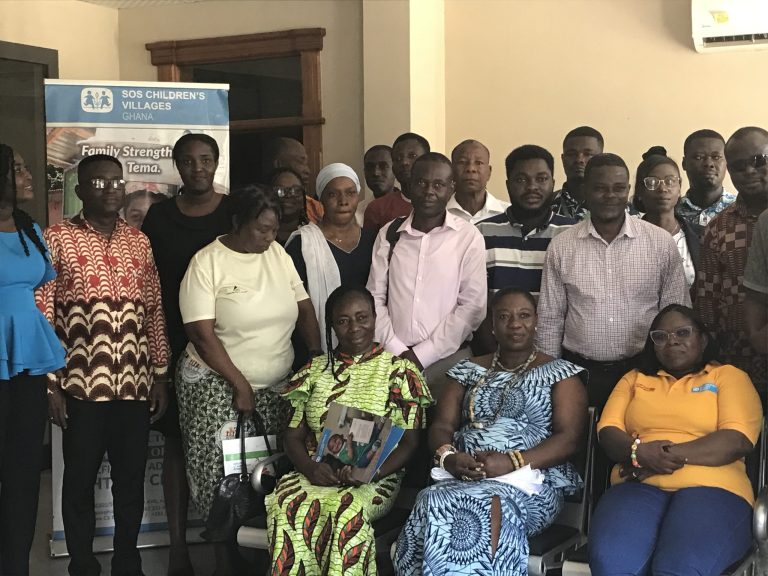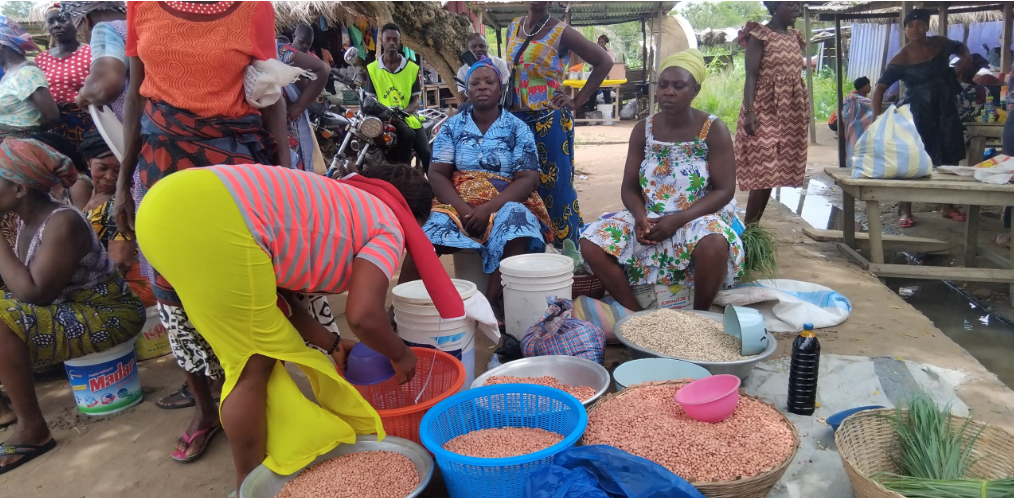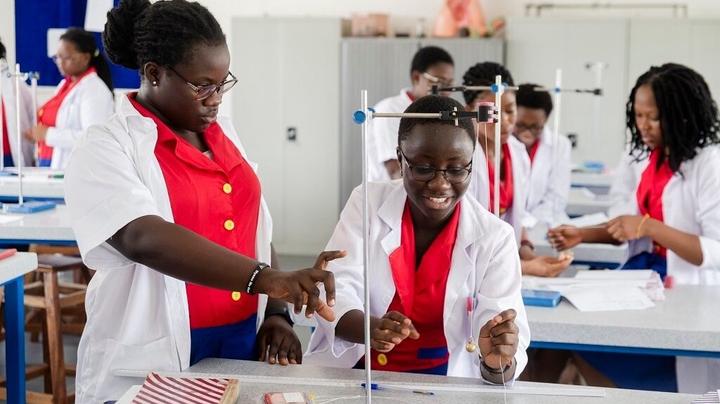Senior High School (SHS) education in Ghana plays a crucial role in shaping students’ future careers. The various courses offered at the SHS level provide foundational knowledge and skills necessary for tertiary education and job opportunities. Below is an overview of SHS courses in Ghana and their respective career paths.
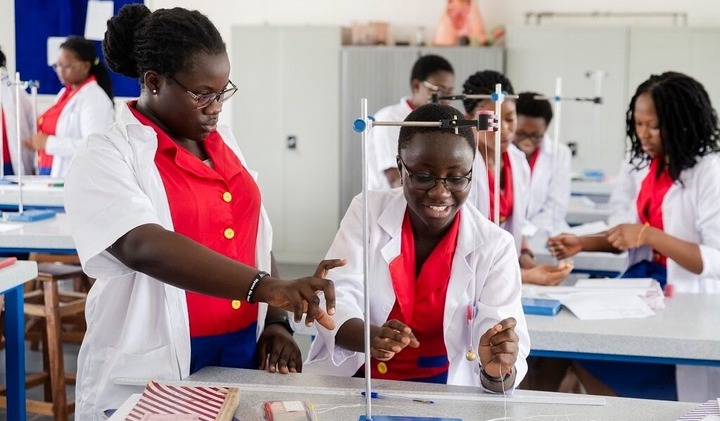
1. General Science
This course focuses on subjects such as Biology, Chemistry, Physics, and Elective Mathematics. It is designed for students with an interest in scientific and technological fields. Students in this program develop analytical thinking, problem-solving, and laboratory skills essential for various careers, including:
Medicine and Nursing – Becoming doctors, nurses, medical laboratory scientists, or pharmacists.
Engineering – Civil, Electrical, Mechanical, Chemical, and Aerospace engineering fields.
Pharmacy – Working in pharmaceutical industries, research, and clinical practice.
Environmental Science – Careers in conservation, climate change, and sustainability.
Biomedical Research – Conducting laboratory research and innovation in health sciences.
Agriculture and Veterinary Medicine – Working in agribusiness, veterinary services, and food production.
2. General Arts
General Arts students study subjects like Literature, History, Government, Geography, and Economics. This course is best suited for individuals interested in humanities and social sciences. Career opportunities include:
Law – Becoming lawyers, judges, or legal consultants.
Journalism and Media – Working as reporters, broadcasters, editors, or digital content creators.
Public Administration – Holding roles in government agencies, NGOs, and policy-making.
Teaching and Academia – Becoming lecturers, historians, or education consultants.
International Relations – Working in diplomacy, foreign affairs, or non-governmental organizations.
Social Work – Engaging in community development, counseling, and social advocacy.
3. Business
This course covers Accounting, Business Management, Economics, and Costing, providing students with knowledge of commerce, finance, and entrepreneurship. Career paths include:
Banking and Finance – Becoming bankers, investment analysts, or financial consultants.
Entrepreneurship – Starting and managing personal businesses.
Accounting and Auditing – Becoming accountants, auditors, or financial controllers.
Human Resource Management – Working in employee relations, recruitment, and workplace ethics.
Marketing and Sales – Engaging in advertising, brand management, and consumer relations.
Insurance – Working as risk assessors, claims managers, or insurance underwriters.
4. Visual Arts
Visual Arts students take courses in Graphic Design, Ceramics, Sculpture, and Painting. This program nurtures creativity and artistic expression, leading to careers such as:
Graphic and Interior Design – Creating digital and physical visual concepts.
Fashion and Textile Design – Producing clothing, accessories, and textile patterns.
Film and Animation – Working in multimedia, cinematography, and game design.
Fine Arts and Exhibition – Becoming painters, sculptors, or art curators.
Advertising and Branding – Designing promotional materials and brand identities.
5. Home Economics
Subjects include Food and Nutrition, Management in Living, and Textiles. This course is tailored for students passionate about household management, hospitality, and personal well-being. Career options include:
Catering and Culinary Arts – Becoming chefs, restaurant managers, or pastry chefs.
Hospitality Management – Working in hotels, tourism, and event planning.
Fashion and Textile Industry – Designing and producing clothing.
Dietetics and Nutrition – Working as dietitians or food technologists.
Childcare and Family Services – Becoming counselors or family support workers.

6. Agricultural Science
This course includes subjects like Animal Husbandry, Crop Science, and Soil Science. Graduates gain practical skills and scientific knowledge, preparing them for:
Agribusiness – Managing farms, agricultural enterprises, and cooperatives.
Farming and Plantation Management – Running commercial farms and plantations.
Veterinary Services – Becoming veterinary doctors or animal health technicians.
Food Production and Processing – Working in food factories and agriprocessing industries.
Environmental and Natural Resource Management – Engaging in sustainability and conservation.
7. Technical and Vocational Education (TVET)
TVET programs include Building Construction, Electrical Engineering, Woodwork, and Automotive Technology. These courses focus on hands-on skills development, leading to careers in:
Architecture and Construction – Becoming architects, surveyors, or builders.
Electrical and Mechanical Engineering – Working in power systems, automation, and mechanical design.
Carpentry and Furniture Making – Producing wooden structures, furniture, and interior decor.
Auto Mechanics – Repairing and maintaining vehicles.
Welding and Fabrication – Working in metalwork and structural engineering.
The SHS curriculum in Ghana offers diverse courses tailored to different career aspirations. Choosing the right course based on one’s interest, abilities, and career goals is essential for long-term success. Further education, skill development, and internships can enhance job prospects, making graduates more competitive in the job market. Whether students pursue higher education or enter the workforce directly, SHS provides a strong foundation for a wide range of professional opportunities.
 Four balls of banku inside a perforated bowl
Four balls of banku inside a perforated bowl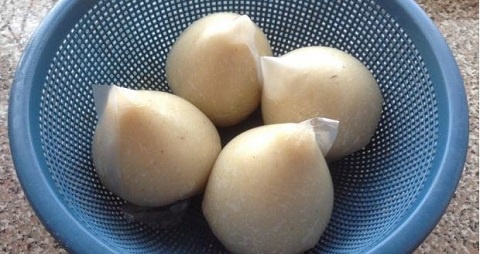


































 Having recently relocated to the UK, Adu-Gyamfi is now poised to further expand his influence in the international entertainment scene. With his sights set on taking his talent global, he is proving that there are no limits to where his craft can go.
Having recently relocated to the UK, Adu-Gyamfi is now poised to further expand his influence in the international entertainment scene. With his sights set on taking his talent global, he is proving that there are no limits to where his craft can go.